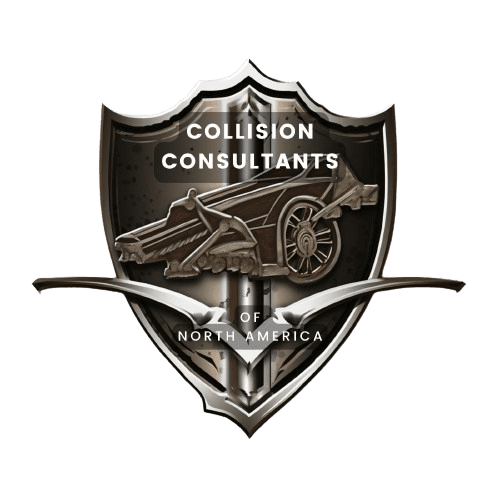Essential Documents for Total Loss Insurance Claims

Posted on November 20th, 2025
A Comprehensive Guide to Required Paperwork
When filing a total loss insurance claim—whether for a vehicle, property, or other insured asset—it is critical to gather and submit the appropriate documentation. Proper paperwork ensures a smoother claims process and helps prevent delays or disputes with your insurance provider. Below is a detailed list of key documents typically required for total loss insurance claims in the United States.
1. Proof of Ownership
- Title Certificate: The official document proving ownership of the asset (e.g., vehicle title or deed for property). Title does not get released until the settlement is reached.
- Registration Documents: For vehicles, a copy of the most recent registration. (You will need this to transfer your plate when replacing your vehicle)
2. Insurance Policy Documentation
- Insurance Policy: A copy of your current insurance policy, including declarations and coverage details.
3. Claim Forms
- Completed Claim Form: The official claim paperwork provided by your insurer, filled out and signed. This will be done at time of settlement
- Statement of Loss: A detailed account of the incident leading to the total loss. Police Report is fine
4. Incident Documentation
- Police Report: For accidents, theft, or vandalism, a copy of the official police report.
- Fire Report: If the loss is due to fire, documentation from the fire department.
- Accident Report: Any additional reports from authorities or third parties.
- Repair Estimates: Written estimates from licensed professionals, if applicable.
- Appraisal Report: An independent assessment of value and condition before the loss. This is handled by Collision Consultants of North America
5. Financial and Loan Documents
- Loan Payoff Statement: If the asset is financed, a statement from the lender showing the payoff amount. Your Insurance Company will get this and a 10 day payoff.
- Lease Agreement: For leased assets, a copy of the lease contract.
6. Additional Supporting Documentation
- Receipts for Recent Upgrades or Repairs: Documentation for any improvements that may affect the claim value.
- Correspondence with Insurer: Copies of emails, letters, or recorded calls regarding the claim.
- Proof of Address: Utility bills or other documents confirming the insured location, if applicable.
Conclusion
Having these documents ready when submitting a total loss insurance claim will help expedite the process and increase the likelihood of a favorable outcome. Requirements may vary depending on your insurer and the type of asset, so always consult your policy and communicate with your claims adjuster for specific instructions.
This is a lot of stuff to do and a lot of homework. To bypass this reach out to Collision Consultants of North America and they will handle the Total Loss Evaluation for you.
Contact Us
Get in Touch
Ready to experience the expertise and advocacy of Collision Consultants of North America? Fill out our contact form today and let us guide you through the complexities of collision repair with precision, transparency, and a commitment to your safety and satisfaction.
